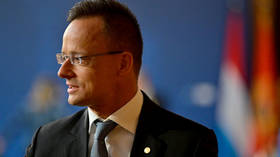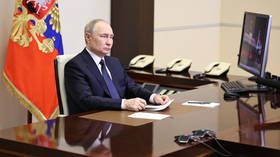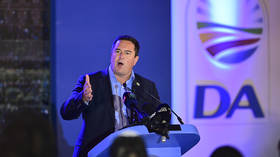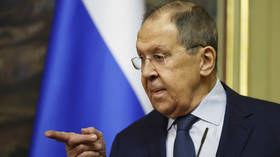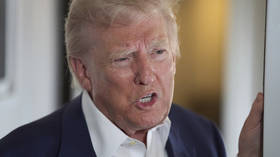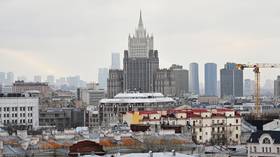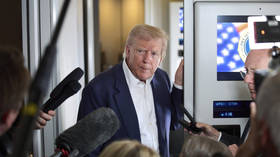Hungary wants apology for ‘outrageous’ claims by US official
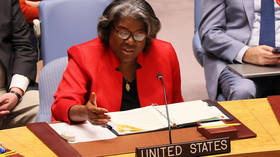
Hungary blasted the US over what it says are “outrageous” and “false” accusations of anti-Semitism, leveled by a senior diplomat against Budapest. Foreign Ministry spokesman Mate Paczolay added that while Washington later admitted the mistake, it has not issued a public apology.
On Tuesday, speaking to the Index news site, Paczolay slammed Linda Thomas-Greenfield, the US ambassador to the UN.
During a UN event on Thursday, Thomas-Greenfield cited Hungary as an example of a place where anti-Semitism is on the rise, noting that “a Holocaust memorial was vandalized” there. In a transcript later released by Washington’s mission to the UN, this phrase was crossed out.
An explanatory note said that Thomas-Greenfield was referring to a statue in Sweden of diplomat Raoul Wallenberg, who saved thousands of Jews from the Nazis in Hungary during WWII.
“It is quite outrageous that the US ambassador made baseless and false claims about Hungary in front of the… public,” the spokesman said, adding that the Hungarian delegation was not given an opportunity to speak, and was able to complain only after the event had ended.
Paczolay noted that “the American side admitted behind closed doors that it made a mistake.” However, it never issued “a clarifying or an apologetic statement,” which he said is the “minimum expectation in diplomacy” in this type of situation.
If the mistake was indeed unintentional and resulted from a “lack of preparation,” then it is “incomprehensible why the representation does not issue a statement in order to resolve the situation,” he said.
Earlier this month, Hungarian-US relations were marred by another diplomatic spat. Hungarian Foreign Minister Peter Szijjarto called out David Pressman, Washington’s ambassador to Budapest, over alleged “interference” in the nation’s internal affairs.
Pressman had commented that local decision-makers “continue to push policies endorsed by [Russian President Vladimir] Putin,” referring in particular to Hungary’s opposition to the Western sanctions on Moscow over the Ukraine conflict.
